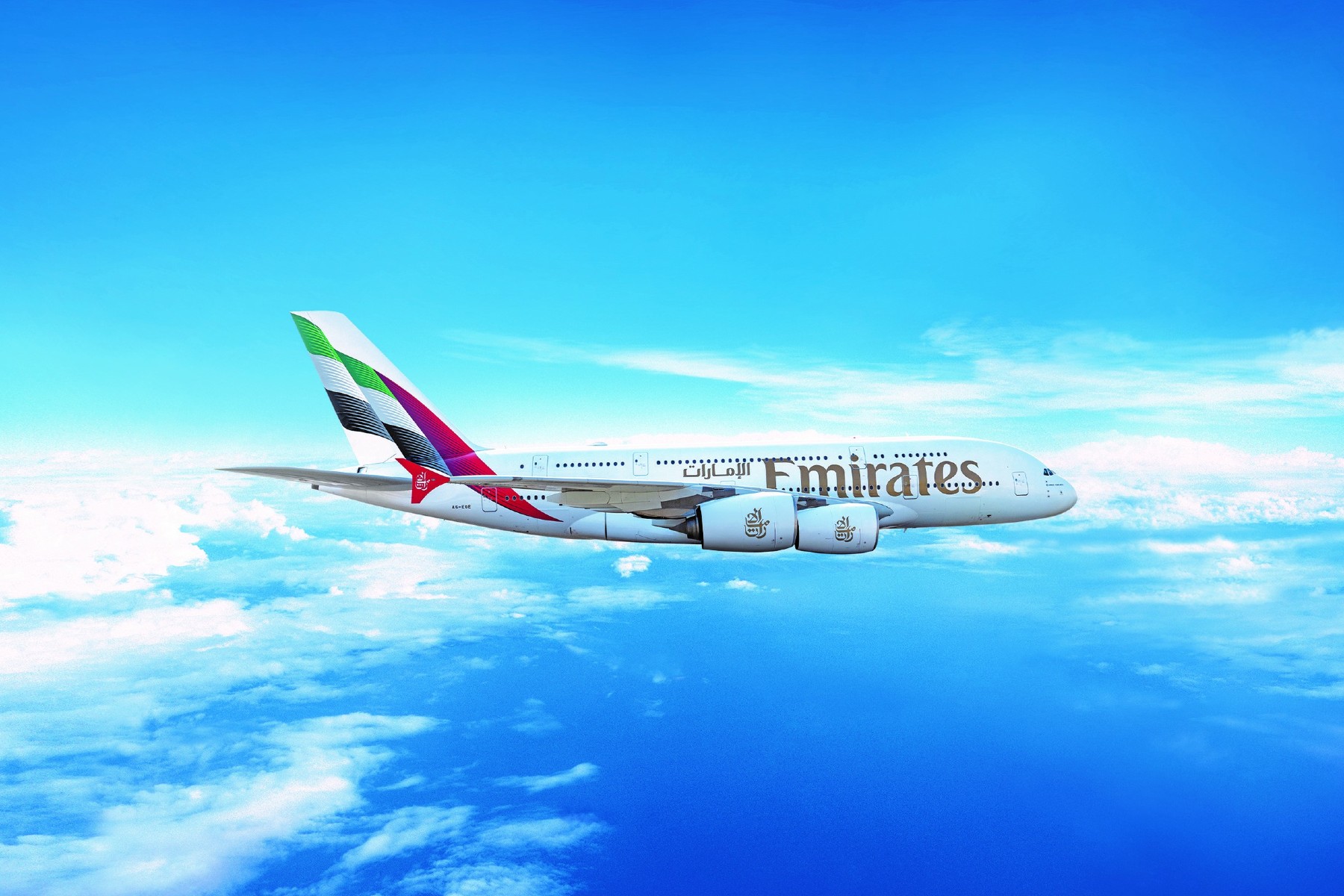Emirates SkyCargo Achieves Strong Financial Performance

Dubai, UAE-headquartered Emirates Group has reported profit and revenue records for its 2022-23 financial year (the 12 months ending 31 March 2023).
This performance represented a “significant turnaround” on the previous year, the Group noted.
Annual profit reached AED10.9bn ($3bn), on group revenue of AED119.8bn ($32.6bn). Revenue was up by 81% year on year, while the Group had suffered a loss in 2021-22.
The Emirates Group (of which the freight wing Emirates SkyCargo forms a part) is made up of a number of different operations, amongst them Emirates airline and aviation services provider dnata.
Emirates airline enjoyed its most profitable year ever, with a profit of AED10.6bn ($2.9bn) comparing very favourably with the AED3.9bn ($1.1bn) loss suffered the previous year.
Emirates SkyCargo
Emirates SkyCargo delivered what was described as a “solid performance” in 2022-23.
It contributed 16% of the airline’s total revenue, despite a reduction in available capacity as aircraft that had been temporarily converted into ‘mini freighters’ during the pandemic returned to full passenger service.
It made revenue of AED17.2bn ($4.7bn). This was a 21% decline over last year’s exceptional performance that had been enabled by the pandemic, however.
Freight yield per freight tonne-km increased by 3% despite more cargo capacity returning to the global market, “due to steady and strong demand”.
Less positively, cargo tonnage carried declined by 14% to 1.8 million tonnes, due to the reduction in SkyCargo’s available freighter capacity over the year as a whole.
According to the carrier, Emirates SkyCargo has “maintained its edge in the global airfreight industry by focusing [on] its customers, bringing innovative solutions to the market and leveraging its fleet and network capabilities”.
During 2022-23, Emirates SkyCargo is said to have reinforced its prominent role in cool-chain transport, built up yet further from the pandemic period, when it transported large amounts of pharma cargo.
As well as pharma, it also flies large quantities of and other perishable items.
During this latest financial year, the cargo division also signed commercial agreements with United Airlines and Air Canada to expand its network reach and capacity for customers; introduced a new digital channel, WebCargo, for customers to directly access and book its flights for their cargo shipments; and launched Emirates Delivers UK, introducing an e-commerce shipping solution for UAE customers ordering products from the UK.
Investing in growth
During the 2022-23 financial year, the Group collectively invested AED7.2bn ($2bn) in new aircraft, facilities, equipment, companies and technologies “to position the business for future growth”.
Today, commitments include an order for five new Boeing 777 freighters (and two new 777 freighter aircraft were added to the Emirates fleet during the 2022-23 financial year) and the building of a new cargo facility in Erbil, Iraq.
During 2022-23 Emirates phased out four older aircraft: two A380s, one 777-300ER and a freighter.
Its total fleet inventory at the end of March was 260 aircraft, with an average fleet age of 9.1 years. At the end of the review period, Emirates’ SkyCargo’s all-cargo freighter fleet stood at 11 777Fs.
Emirates’ order book currently stands at 200 aircraft, including the additional 777-300ER freighter orders announced during 2022-23.
In addition to launching new services to Tel Aviv, Emirates relaunched flights to six destinations and increased operations to 62 cities across its network.
By 31 March 2023, the Emirates network comprised 150 destinations across six continents, including nine cities served only by its freighter fleet.
dnata
Meanwhile, over 2022-23 dnata made a profit of AED331m ($90m), up from the AED110m ($30m) profit made during the previous financial year.
Revenue was also up, helped in part with the launch of new cargo handling operations in Germany and Canada. Revenue from dnata’s Airport Operations division, including ground and cargo handling, rose to AED7.2bn ($2bn).
The volume of cargo handled by dnata declined by 8% year on year to 2.7 million tonnes, however.
Significant investments made during the year included: a new cargo centre in Amsterdam in the Netherlands; new modern cargo and ground service equipment facilities in Erbil, Iraq; and the global roll-out of the OneCargo system to digitise and automate business functions.
Looking ahead
Sheikh Ahmed bin Saeed Al Maktoum, chairman and chief executive of Emirates airline and Group, pointed to the 2022-23 performance as not only representing a full recovery from the problems of the Covid years, but also one of record results.
He added that Emirates’ growth plans will see it contribute yet further to Dubai’s prosperity in the future, not least in terms of the trade and commercial benefits resulting from the movement of cargo carried on Emirates aircraft.
Ahmed declared: “In 2022-23, we not only brought back most of our operations but also grew our footprint and capabilities by investing in people, product and new technologies – demonstrating our agility and ability.
“We continue to lay strong foundations for future success.
“We go into 2023-24 with a strong positive outlook and expect the Group to remain profitable. We will work hard to hit our targets while keeping a close watch on inflation, high fuel prices, and political and economic uncertainty.”
